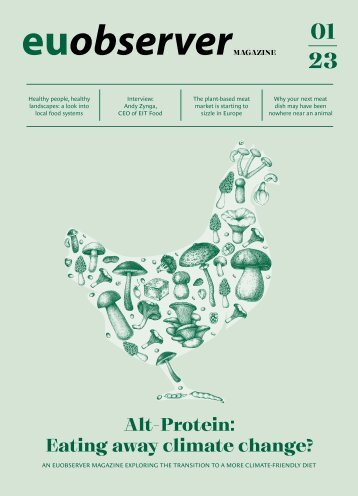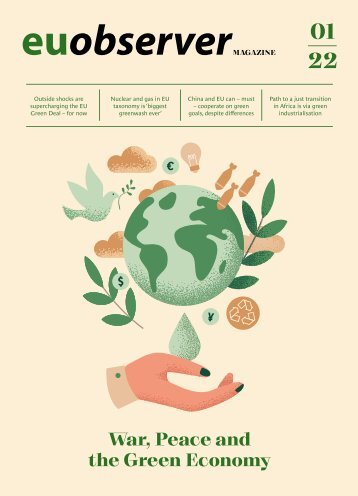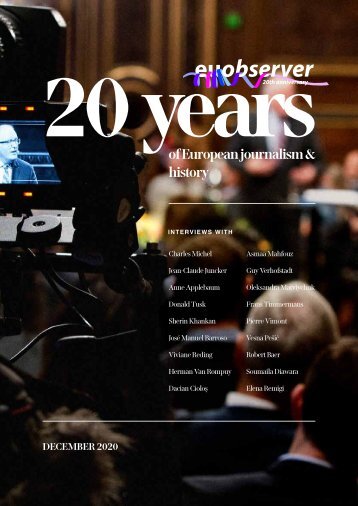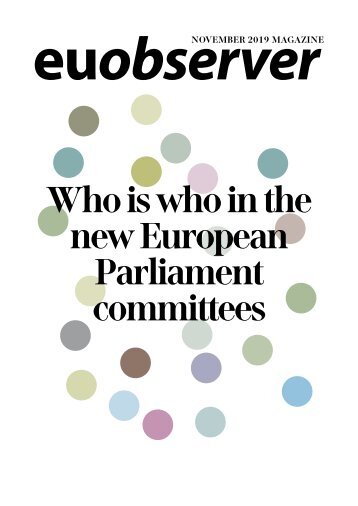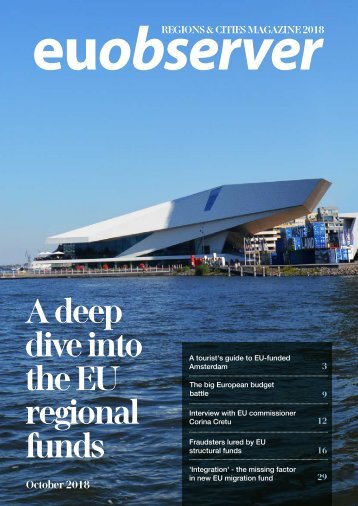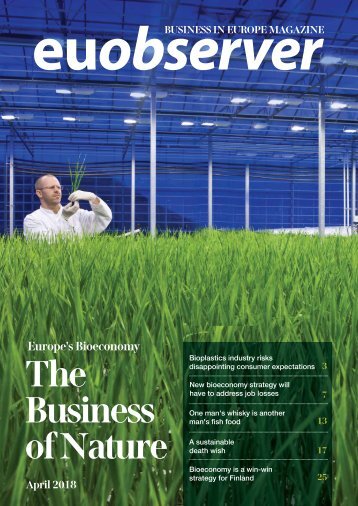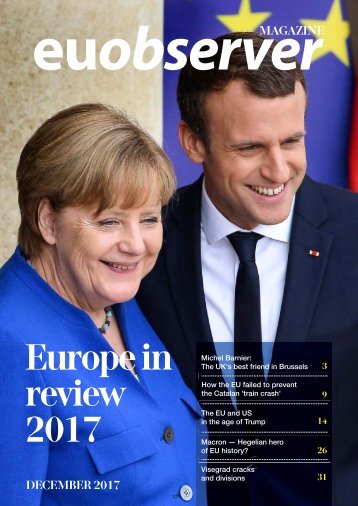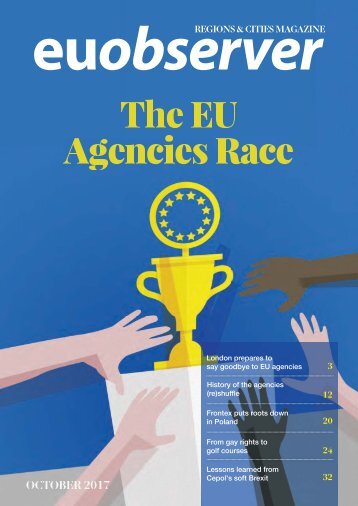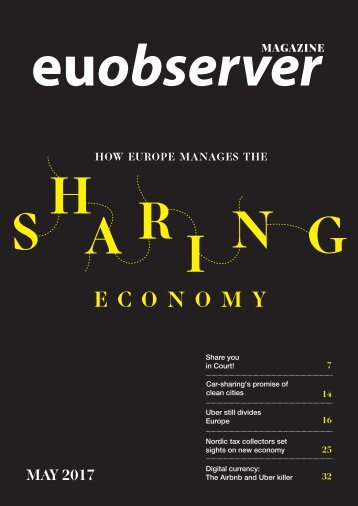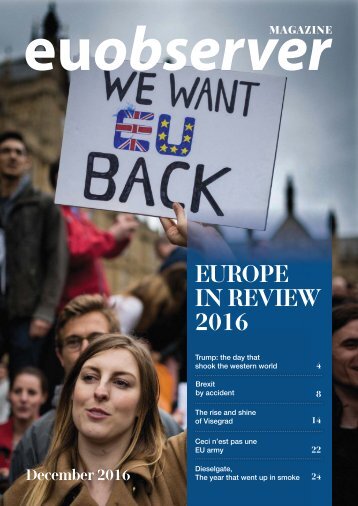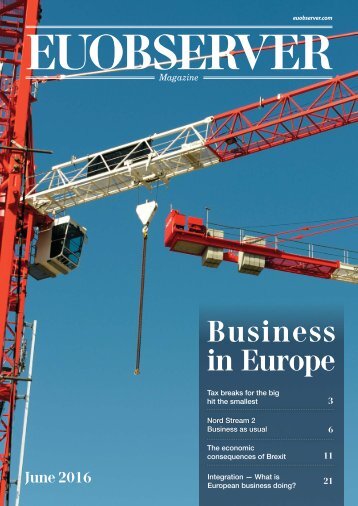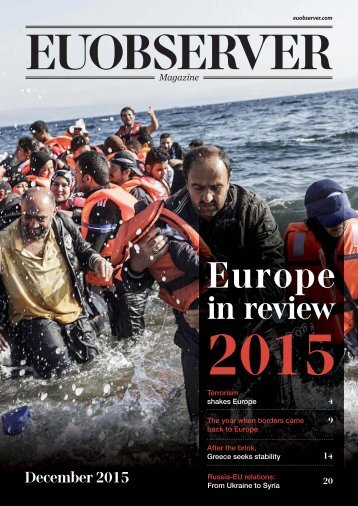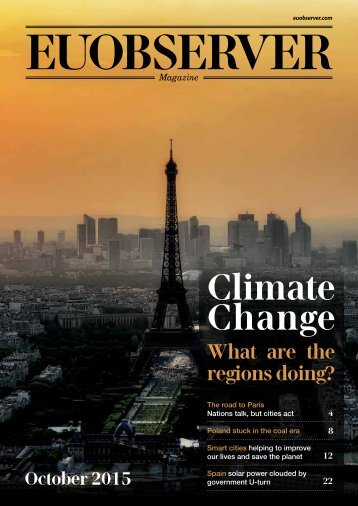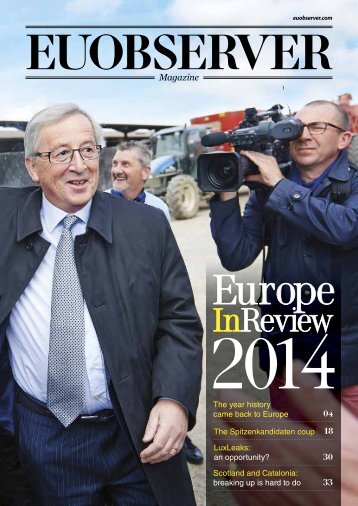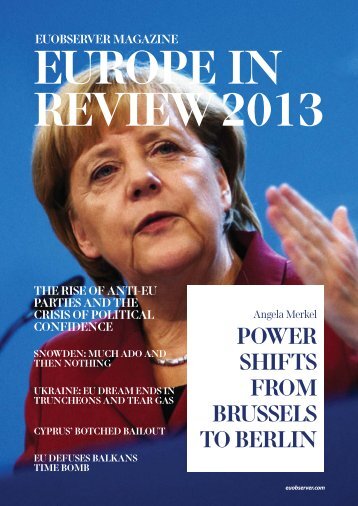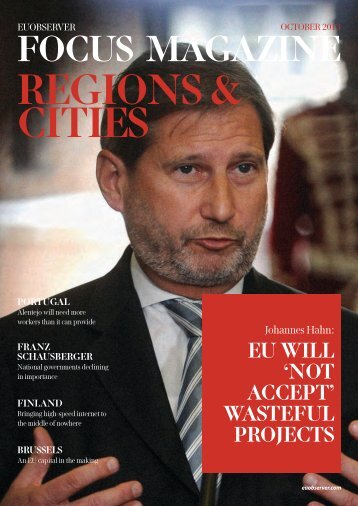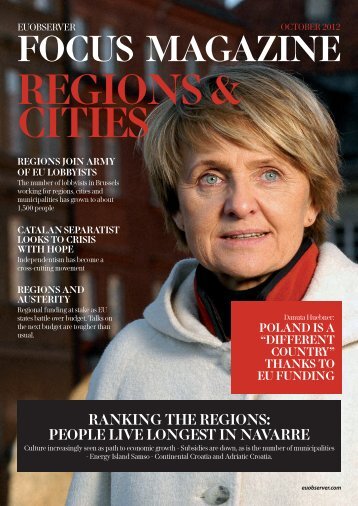European Parliament Elections 2019
- Text
- European
- Parliament
- Elections
- Meps
- Parliamant
- Brussels
- Strasbourg
- Russia
- Plenary
- Euobserver
The green team, Ska
The green team, Ska Keller and Bas Eickhout Photo: European Parliament both the UK prime minister David Cameron and Hungary's premier Viktor Orban did not back Juncker. But other member states were also unhappy with the parliament seizing the process of choosing the commission's president - which had always previously been the preserve of EU capitals' private horse-trading. The parliament argued it created a "direct link" between voters and the commission president that would boost the democratic legitimacy of both the EU executive and the EU as a whole, create transparency in the election process and, not least, increase turnout at European elections. from 43 percent in 2009 to 42.6 percent in 2014. It was an all-time low for the European parliament since direct elections were first introduced in 1979. WHAT ABOUT 2019? Currently, the Spitzenkandidat system can appear more of an institutional power struggle under the facade of promoting democracy, rather than actually giving tangible power to voters. For one thing, it is unlikely that significant numbers of voters will either know of or be influenced by the lead candidate process - although it raises the parliament's political profile without a watertight legal basis. However, the experiment did not, in fact, inspire voters. As citizens vote for their home parties and not EU-wide alliances, few were even aware of the top candidates. In fact, voter turnout actually decreased slightly, And as things currently stand, it cements the largest political group, the European People's Party (EPP)'s hold on the commission. The parliament is pushing ahead nevertheless, and has even raised the stakes. 10 — EUROPEAN PARLIAMANT ELECTIONS 2019
In February 2018 it adopted a text saying that they would only accept a candidate for the commission if he or she had run in the 2019 elections as a lead candidate, ruling out any last-minute 'parachutedin' candidates. But member states are also on the lookout this time. They know if it successfully produces a commission president for a second time, the process will be increasingly difficult to scrap. In February 2018, an informal gathering of EU leaders agreed that their governments "cannot guarantee in advance" that they will endorse one of the lead candidates for president of the European commission. "There is no 'automaticity' in the process,' said EU council chief Donald Tusk at the time. However, some EU officials warn that the process itself has gained political weight, and despite the scepticism and criticisms, it could have enough political momentum to force governments' hands. "Imagine months of campaigning, a top candidate putting together a majority coalition in parliament and member states rejecting that person. Politically, it will be difficult to do," one senior EU official warned. The EPP's group leader in the parliament, the Bavarian Manfred Weber threw his hat in the ring last September. Weber has held no executive job and has been an MEP for 15 years. Weber secured the tacit support of Merkel, a key factor, and won the EPP's internal nomination process in November, which was more self-celebratory than a competitive showdown. Speculation is rife in Brussels, however, as to whether Weber is capable of steering thousands of eurocrats while under immense political pressure from member states, whose governments are increasingly eurosceptic. Weber's team argues that he is a bridge-builder and therefore right for the job. But some predict Weber is merely the 'place-holder' for a last-minute candidate with a higher profile. The EU's Brexit negotiator, Frenchman Michel Barnier (who last September ruled out running for the position), raised expectations again early in 2019 with a wideranging op-ed about the future of Europe. As yet, there has been little appetite among politicians to run for the presidency of the commission via the Spitzenkandidat process. Months of campaigning makes it difficult for sitting prime ministers or other leaders in office to join the race. The EU's largest political alliance, the centreright EPP – which already runs the three key EU institutions – was nevertheless quick to push ahead. The EPP is expected to remain the largest party in Europe, even if it loses votes to more hardline rightwing alliances and populists - but their top position is not in serious doubt. This makes the EPP's lead candidate the most important to watch - but also raises doubts whether the process can truly be as transformative as parliamentarians like to think. The conservatives put forward a central European candidate, Jan Zahradil Photo: European Parliament 11 — EUROPEAN PARLIAMANT ELECTIONS 2019
- Page 1 and 2: EUROPEAN PARLIAMANT ELECTIONS 2019
- Page 3 and 4: European elections 23-26 may 2019 t
- Page 5 and 6: Currently, the largest political gr
- Page 7 and 8: The meeting of the bureau, chaired
- Page 9: Frans Timmermans fired up at the So
- Page 13 and 14: THE CANDIDATES Manfred Weber, EPP (
- Page 15 and 16: The travelling CIRCUS Twelve times
- Page 17 and 18: The 'travelling circus' costs the E
- Page 19 and 20: As this magazine went to print, the
- Page 21 and 22: EU commissioner Miguel Arias Canete
- Page 23 and 24: German MEP Rainer Wieland (r) oppos
- Page 25 and 26: Russian leader Vladimir Putin with
- Page 27 and 28: that no one may be insulted or disc
- Page 29 and 30: He invited the World Congress of Fa
- Page 31 and 32: Europa' memes to provoke tension. B
- Page 33 and 34: Political science professor Ariadna
- Page 35 and 36: The gender gap at EU elections Prop
- Page 37 and 38: On average, fewer women vote in the
- Page 39 and 40: STAKEHOLDER Follow F4E on Twitter @
- Page 41 and 42: JULY - A new European Commission pr
- Page 43 and 44: EUobserver Making sense of the EU G
Inappropriate
Loading...
Mail this publication
Loading...
Embed
Loading...

